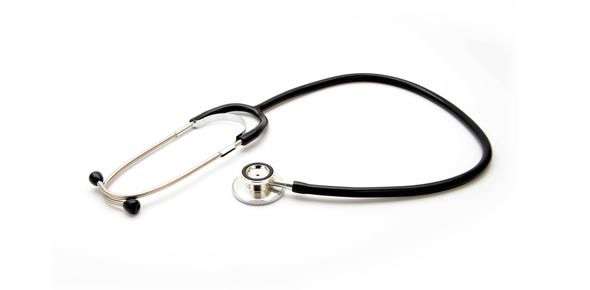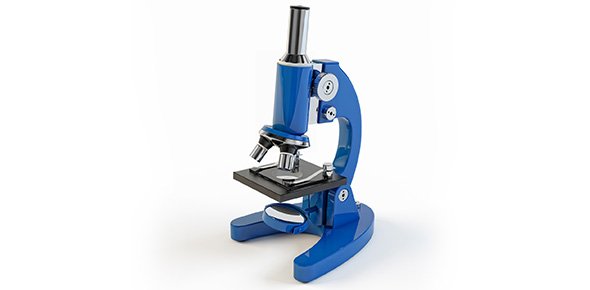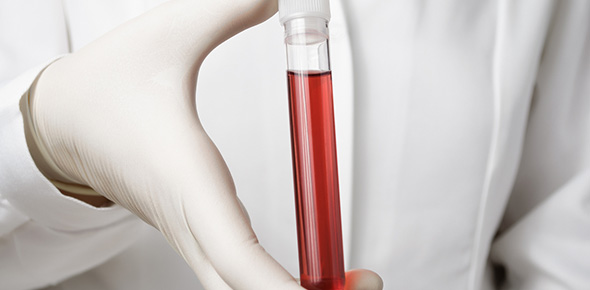Related Flashcards
Cards In This Set
| Front | Back |
|
Acquired immunity
|
Formation of antibodies and lymphocytes after exposure to an antigen
|
|
Adenoids
|
Masses of lymphatic tissue in the nasopharynx
|
|
Antibody
|
Protein produced by B cell lymphocytes to destroy antigens
|
|
Antigen
|
Substance that the body recognizes as foreign; evokes an immune response.
|
|
Axillary node
|
Any of the 20 to 30 lymph nodes in the armpit.
|
|
B cell
|
Lymphocyte that originates in the bone marrow and transforms into a plasma cell to secrete antibodies.
|
|
Cell-mediated immunity
|
An immune response involving T lymphocytes; antigens are destroyed by direct action of cells, as opposed to be antibodies.
|
|
Cervical node
|
One of many lymph nodes in the neck region.
|
|
Cytokine
|
Protein (made by T lymphocytes) that aids antigen destruction.
|
|
Cytotoxic T cell
|
T lymphocyte that directly kills foreign cells.
|
|
Dendritic cell
|
Cell (specialized macrophage) that ingests antigens and presents them to T cells.
|
|
Helper T cell
|
Lymphocyte that aids B cells in recornizing antigens and stimulating antibody production; also called T4 cell or CD4+ cell
|
|
Humoral immunity
|
Immune response in which B cells transform into plasma cells and secrete antibodies.
|
|
Immune response
|
Body's capacity to resist foreign organisms and toxins that can damage tissue and organs; humoral and cell-mediated immunity.
|
|
Immunoglobulins
|
Antibodies (gamma globulins) such as IgA, IgE, IgC, IgM and IgD that are secreted by plasma cells in humoral immunity.
|








